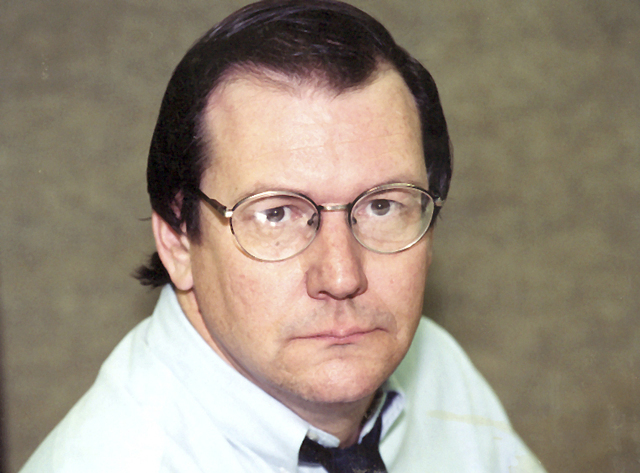
Earlier this year, Land’s End ran an interview and cover photo of Gloria Steinem in one of its catalogs. It was a good sales strategy for a company with a narrow customer base that wanted to expand its appeal.
Unfortunately, anti-abortion activists decided to bury the corporation in protests, which they did.
This should not have bothered the company. Opposition to abortion is far from the majority view.
Nevertheless, the company panicked and issued a statement:
“We understand that some of our customers were offended by the inclusion of an interview in a recent catalog with Gloria Steinem on her quest for women’s equality. We thought it was a good idea and we heard from our customers that, for different reasons, it wasn’t. For that, we sincerely apologize.”
This kind of thing happens all the time. Companies are unwilling to stand up to narrow slices of the public when even the slightest slice of unfavorable publicity comes in through the transom.
One of my favorite instances was in 1981 when ABC had a new television series called “The Greatest American Hero.” It was a superhero program, with William Katt starring as “Ralph Hinkley,” the secret identity of the superhero. The program began running on March 18, 1981 and John Hinckley tried to kill President Reagan on March 30. “Ralph Hinkley” became “Ralph Hanley.”
This kind of thing sounds ridiculous, yet it goes on all the time. We often talk about the importance of role models, but seldom include business entities in that category. What kind of example does cowardice set to the young? Do we assume that businesses are so callow and profit-driven that setting an example is not to be expected?
In 2004, Las Vegas Aladdin Casino exec Williams Timmons sicced security on the club’s showroom headliner Linda Ronstadt, ordering them to eject her from the property after her audience engaged in vandalism when she praised filmmaker Michael Moore during her show. Her political views were hardly a surprise when the casino signed Ronstadt (she had done fundraisers for her friend Jerry Brown in Las Vegas).
“I got fired last year in Las Vegas from the Frontier Hotel for saying SHIT in a town where the big game is called CRAPS,” George Carlin said on one of his albums. It happened in 1970 when the casino was a Howard Hughes property. It’s hard to imagine, even in 1970, that Frontier management thought Carlin was going to talk about pets or movies.
Proctor and Gamble used to have a corporate symbol on its packages. It contained a moon man-type figure and some stars. (Those among the young who have never seen it can run a Google image search for “Proctor and Gamble symbol.”) Some busybodies decided it was a symbol of Satanism and spread the word.
Nearly everyone considered the rumor nonsense but P&G was unwilling to lose even the loon demographic and after years of using lawsuits and charitable strategies (“Look For This Symbol, And Support The Juvenile Diabetes Foundation”), the corporation dropped the century-old symbol instead of facing the bad guys down. The bad guys won again.
In 1979 McDonald’s said it would do something about its plastic coffee stirrers because a story was going around that they were employed by cocaine users. The stirrers were long, plastic, and had a tiny bowl on one end. I’m not a coffee drinker, but I heard from some angry people after McDonald’s got rid of the tiny spoons. They apparently worked really well.
The last time I was in a McDonald’s I looked at their coffee stirrers. They were thin plastic straws that become soft when placed in hot water, sort of like the backbones of some businesspeople.
Dennis Myers is an award-winning journalist who has reported on Nevada’s capital, government and politics for several decades. He has also served as Nevada’s chief deputy secretary of state.